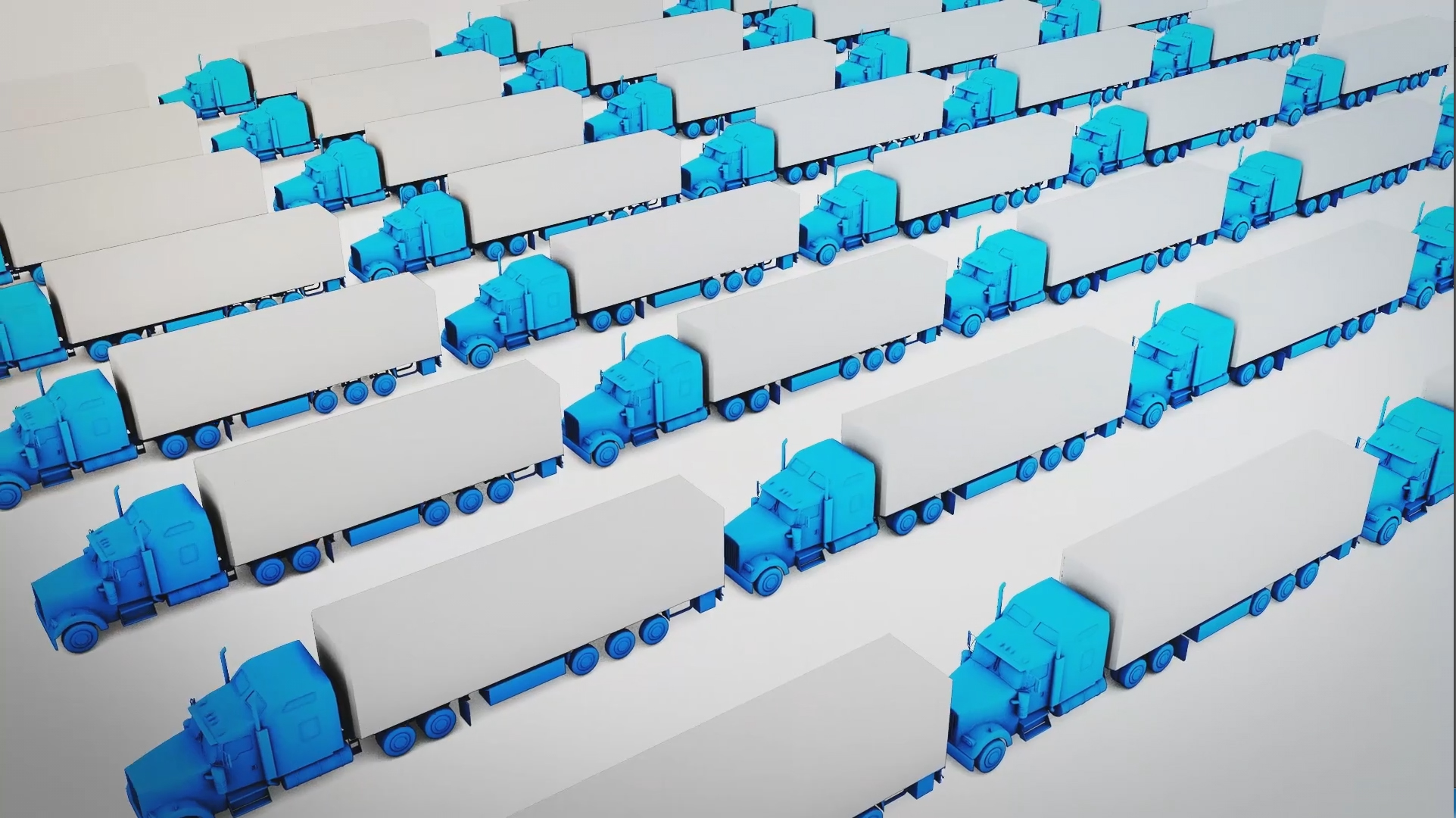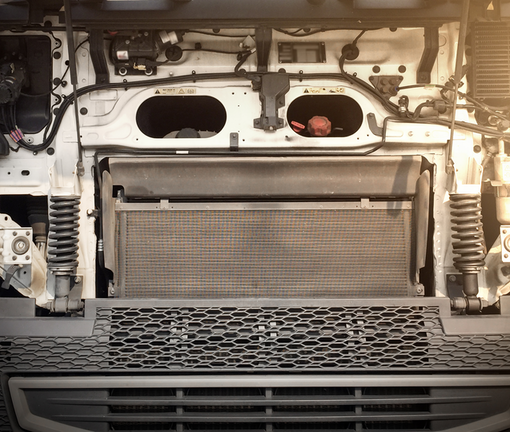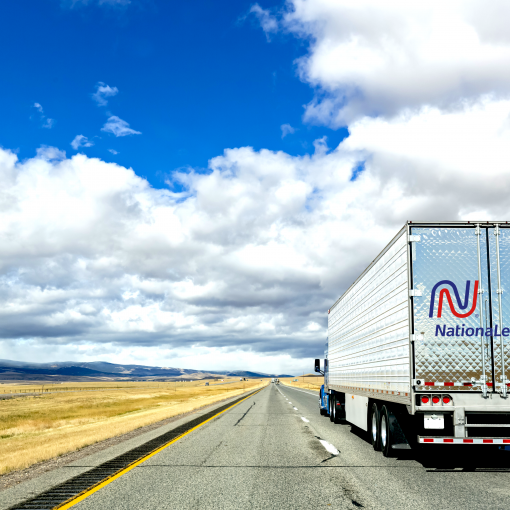Originally appeared in Fleet Owner
In a highly competitive economy beset by inflation and high interest rates, having a clear view of monthly fixed costs enables businesses to better manage their cash flow. This is especially true for fleets, which always operate on thin profit margins. That impacts small carriers more than their larger competitors.
One of the major decisions every fleet has to make is whether to purchase their vehicles or lease them. Rising prices for new trucks are a significant consideration. According to a FleetOwner article late last year, “With new technologies and OEM costs, a 2027 EPA-compliant tractor may cost between 10% and 12% more than its predecessors.”
Fleets need to be looking at their pre-buys now, in 2024. As Dean Vicha, president of NationaLease, noted in a blog earlier this year, “If you are going to beat the increases model year 2027 trucks will have in investment, they’ll need to be ordered by the end of 2025… at the latest. That means you must complete your 2027 strategic planning by the end of 2024.”
Benefits of leasing vs. purchasing
Buying these expensive assets requires a considerable investment upfront, leaving you with less working capital to grow the business.
Lower upfront costs
It’s true that when you purchase a vehicle, you will have a loan that stipulates monthly payments. However, as the cost of trucks increases, so does the initial financing. Leasing requires less capital upfront compared to purchasing a vehicle. That cash saved on the front end can be used for other initiatives and investments, enabling you to reserve capital for growth.
Fixed monthly payments and potential bundling
Lease agreements can also include maintenance packages and insurance costs. That reduces the amount you need to spend on an in-house maintenance team and facility. Full-service leasing contracts can also provide fleet logistics, staff management, permitting and licensing, and more. These functions will optimize operational efficiency while enabling you to focus on your core business with full knowledge of your monthly cash flow.
Upgrades to match technology advances
Truck technology keeps evolving, as do regulations, and there is a need to stay current and compliant. Leasing lets you upgrade the fleet more frequently than you can afford if purchasing. Since your lease costs are fixed, you can plan for regular updates while limiting capital expenditures.
Off-balance sheet financing and tax benefits
Although not directly tied to a fixed-cost benefit, leasing offers significant benefits regarding your balance sheet and your taxes. Often, these types of operating leases do not appear as liabilities on a balance sheet, enhancing the financial health of your fleet and, therefore, your organization. That can lead to better negotiating positions for future investments.
As far as a company’s taxes, truck lease payments are usually fully deductible as a business expense. This will reduce your taxable income overall, resulting in significant savings.
Leasing works for both large and small fleets
It’s clear that smaller fleets would benefit from leasing due to the lower upfront costs and available resources that a truck leasing organization could provide. But larger fleets and carriers can also help. Leasing will allow larger fleets to scale up when necessary. For instance, some businesses are seasonal and may need additional vehicles only temporarily. Leasing makes that possible.





